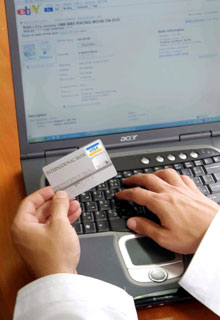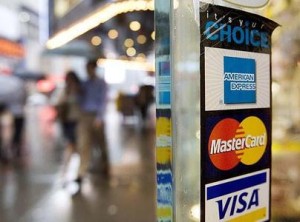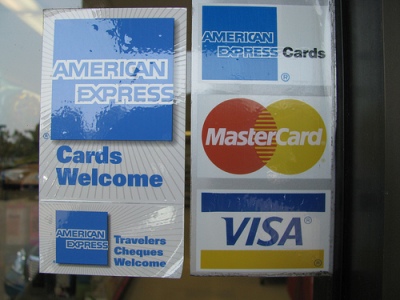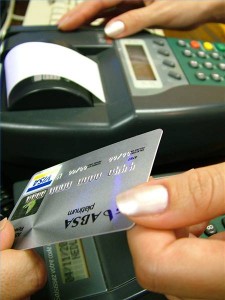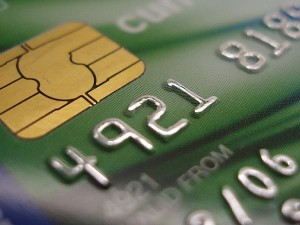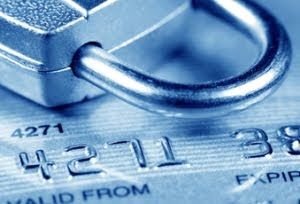Credit card processing companies are responsible for monitoring their merchants' chargeback levels, calculating the CTR for each calendar month and reporting to MasterCard any merchant that is a Chargeback-Monitored Merchant (CMM) or an Excessive Chargeback Merchant (ECM). In addition, credit card payment processing service providers must submit separate reports for each of their Chargeback-Monitored Merchants (CMM). A merchant qualifies as a CMM if it has a CTR in excess of 50 basis points and at least 50 chargebacks in a calendar month.
Within 30 days of the end of the second trigger month, and on a monthly basis thereafter, the credit card processing service provider must submit a separate ECM report for each of its ECMs (in lieu of a CMM report) until that ECM’s CTR is below 100 basis points for two consecutive months. The acquirer also must provide a copy of the ECM report and these ECP Standards to the specific ECM merchant. MasterCard will assess the acquirer a reporting fee of $300 for each ECM report submitted.
In addition to any applicable assessments for CMM reports, ECM reports, or late report submissions, MasterCard may assess the merchant account processor for issuer reimbursement fees and violation assessments for excessive chargebacks arising from an ECM. The issuer reimbursement fees and assessments are applied in each calendar month that the ECM exceeds a CTR of 100 basis points, including the two trigger months. The reimbursement fees are calculated as the number of chargebacks that account for the CTR above 100 basis points are multiplied by $25. The violation assessment is calculated as the issuer reimbursement fees are multiplied by the CTR (expressed as basis points) and divided by 100.
It is clear that merchant account service providers have a powerful incentive to rigorously monitor their merchants' chargeback levels. Typically, if your chargeback levels exceed a CTR rate of 100 basis points for more than two consecutive months, your small business merchant account will be suspended.













